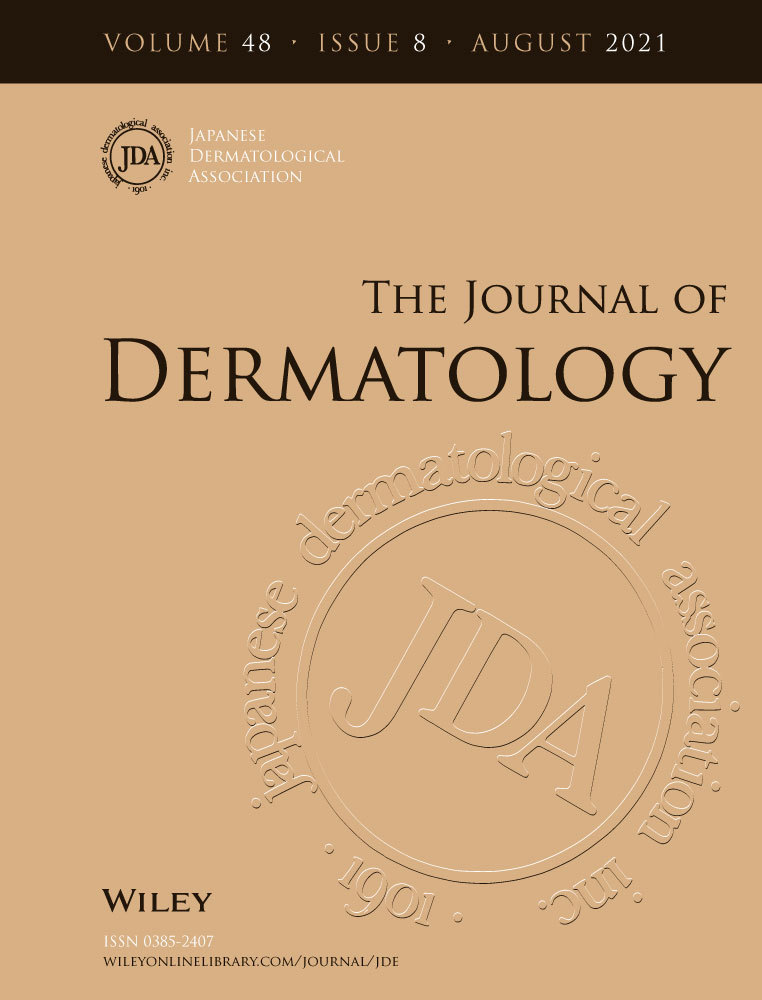Evidence for a dominant-negative effect of a missense mutation in the SERPING1 gene responsible for hereditary angioedema type I
Abstract
Hereditary angioedema (HAE) is a rare condition characterized by episodic local edema involving various organs, which can be life-threatening in some cases. Among the three subtypes of the disease, HAE types I and II are known to be caused by heterozygous mutations in the SERPING1 gene encoding C1 inhibitor (C1INH). Although a number of mutations in the SERPING1 gene have been identified to date, the mechanisms how these mutations cause HAE are not completely understood. We herein performed detailed in vitro studies for a missense SERPING1 gene mutation p.S150F which we recently identified in a Japanese patient with HAE type I. We showed that the p.S150F-mutant C1INH was stably expressed within the cultured cells, while it was not secreted into the medium at all. Furthermore, we demonstrated that the mutant C1INH significantly prevented secretion of wild-type C1INH. Finally, the results suggested that the wild-type protein was not only retained but also degraded within the cytoplasm through interacting with the mutant protein. Our study clearly revealed a dominant-negative effect of the p.S150F-mutant C1INH against the wild-type C1INH.
CONFLICT OF INTEREST
None declared.




